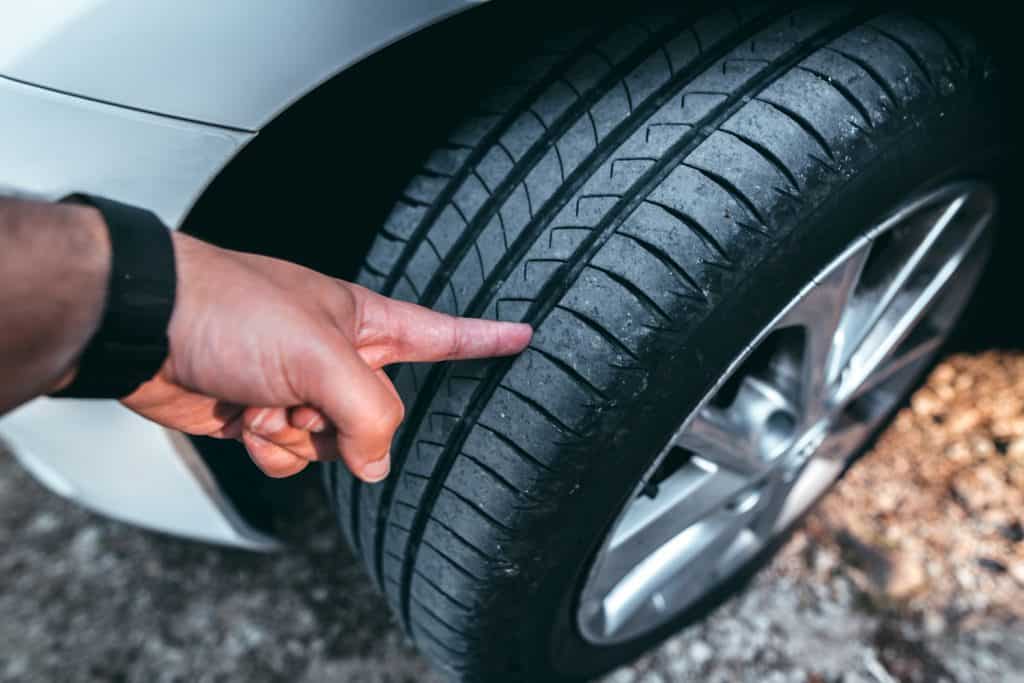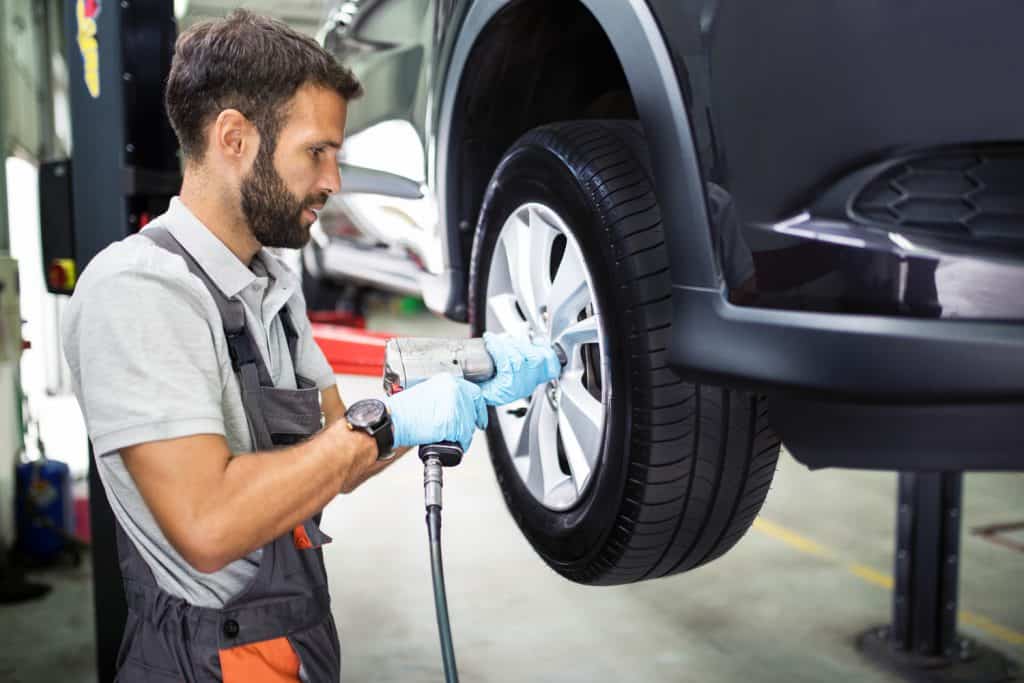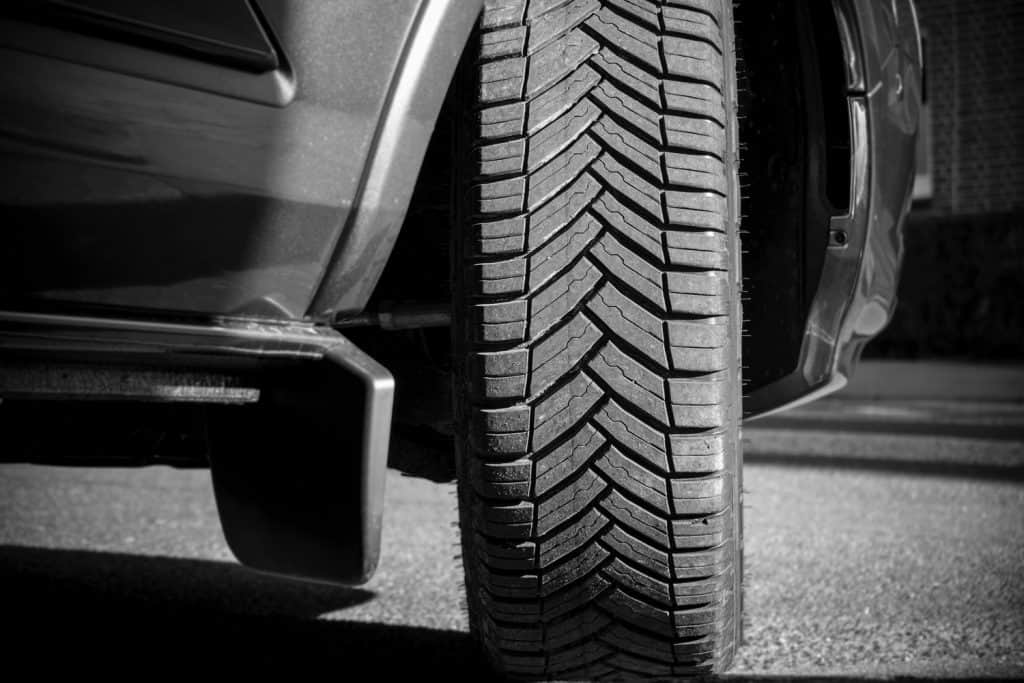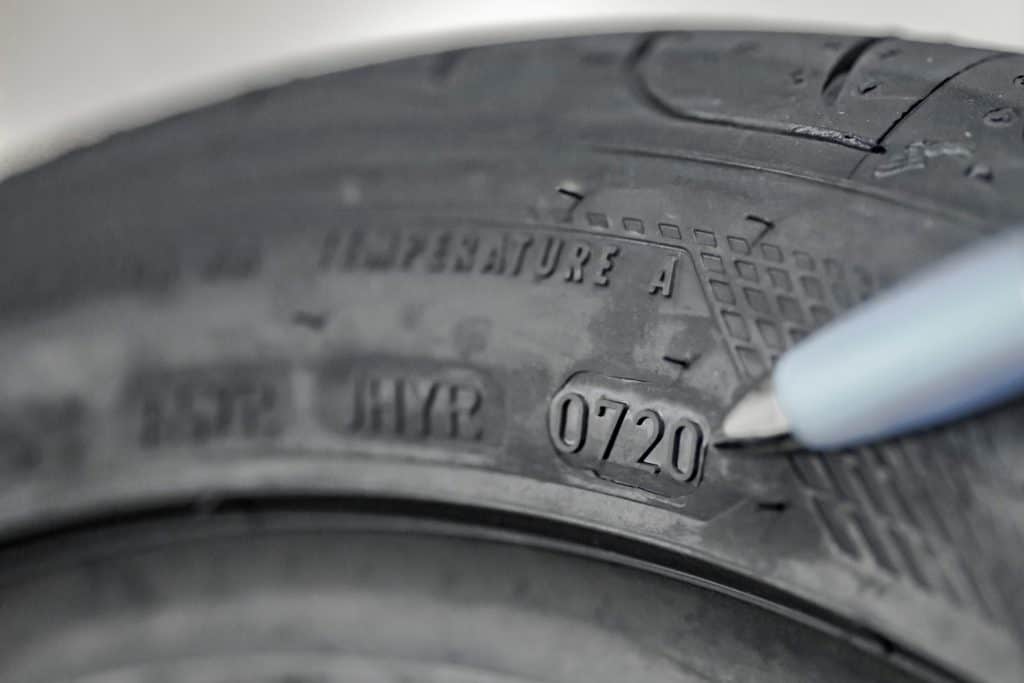Climate and road conditions can greatly impact not only how well your tires will perform but also how long they will last. As these factors vary greatly from region to region, it's important to know what can affect your vehicle's tires in the place that you live. If you reside in Florida, we've got you covered. We researched how conditions in this state will treat your tires, so you'll know exactly what to expect.
How long your vehicle's tires will last in the state of Florida depends on what type and brand of tires you select and how well you treat your tires. By tire type, you can expect a varied difference in lifespan. On average, all-weather tires will last 50,000 miles, while summer tires will make it 20,000-25,000 miles. Winter tires shouldn't be an option in Florida.
Now that we know how long tires will last in Florida, we'll take a much closer look at the factors that impact the lifespan of your tires. You might also be wondering if summer tires wear out faster or if you will need winter tires in Florida. For the answers to these questions and more, read ahead in this post to see what our research has uncovered.

Getting the most out of your tires
If you've had to replace your tires before, you know that this can be a little hard on the pocketbook. This is especially true if you have an all-wheel-drive vehicle and have to replace all four tires at once.
Knowing the potential costs to your family might make you want to be a little more conscientious of the little tricks to get the most out of your tires. Here are some great ways to make them last longer:
Tire pressure
Get an accurate tire gauge! Don't rely on the ones at service stations, as they are often malfunctioning. Know what your recommended tire pressure should be, and then monitor it often.
Experts suggest doing this every time you fill up your gas tank, as there will be an air hose nearby to adjust the tire pressure, if necessary.
Improperly inflated tires will wear unevenly and will reduce your fuel economy. They also make your tires more prone to crack and blow out.
Getting into the habit of always checking and adjusting the pressure of your tires will go a long way in keeping them on the road longer.

Routine inspections
Along with checking the pressure of your tires, you should also be visually and physically inspecting them regularly. Gently run your hand along the treads and sidewalls. Check for any punctures, worn spots, or exposed tread.

Rotate your tires
Most vehicles should have their tires rotated every 5,000 miles. This will ensure that the tires get an even amount of wear and will balance out the usage.

Drive carefully
As with anything you own, how you treat your tires impacts how long they last and how well they perform. It should go without saying that you should avoid doing burnouts or donuts.
Along with improper tire pressure, heat is the enemy of your tires. So do what you can to keep yourself from smoking them in parking lots.
What type of tire is best for Florida?
The best type of tires in Florida are summer tires. These are manufactured with a specialized type of rubber that makes them better for driving on hotter pavement.
Summer tires are specially made to grip the road when it's warm and provide for better traction and control in wet driving conditions.
Florida is hot and has some pretty substantial rainy seasons. The climate alone should tell you that summer tires would be the way to go if you live in this state.
However, all-weather tires are still a decent option. While they won't lend as much control, they will last a lot longer than summer tires. We'll discuss that ahead in this post.
How long do tires last with low mileage?
The amount of life you can expect to get out of low mileage tires depends on the tire brand, how you treat the tires, and the climate your tires are exposed to.
All things considered equal, you can expect low mileage tires to last many years longer, provided that the car is driven regularly. A car that sits in one place too long will have the tires leak and eventually rot.
So you'll want to make sure that your car is somewhat mobile, or you should put your car on jack stands and remove the tires completely.
It is both time and miles that will factor in on the tires' lifespan. Even if you are only driving a few thousand miles per year, most tires aren't meant to last more than a 10-year time frame.
Over time, they'll crack a bit, which greatly increases the likelihood of a blowout. So even though you have low miles on your tires, be especially aware of when they were purchased.

Do I need winter tires in Florida?
Winter tires are made from softer rubber so that they can better grip the pavement when temperatures drop below freezing. These types of tires come in really handy in many parts of the United States, as some regions experience temperatures well below that.
Florida doesn't generally get that cold in the winter. While it's not recommended to drive on winter tires in hotter climates, doing so for a short amount of time (like during a vacation) won't harm them.
Making the drive to a warm winter place like Florida might be of better service to you if you keep your winter tires on; after all, if you're coming from a colder climate, you'd want winter tires on the car at the beginning of your journey.
But if you're staying for longer stretches of time in Florida, it's advised not to use winter tires. The softer rubber will make the tires wear a lot quicker on the hotter pavement.
How old can a DOT tire be?
According to General Tire, the DOT insignia on your tire contains coded information relevant to determining your tires' age, manufacturing location, and other relevant information.
The letters "DOT" are followed by eight to 13 characters that will tell you where it was made.
After the space will be a series of four numbers. The first two digits are the week it was manufactured (01 through 52); the following two digits represent the year of manufacture.
As discussed earlier in this post, the DOT recommends that tires not be on the road more than 10 years after they are manufactured.

Do summer tires wear out faster?
When compared to all-weather tires, summer tires certainly have a shorter lifespan. All-weather tires, on average, will last more than 50,000 miles on the road. By comparison, summer tires only last about half as long, at 20,000 to 25,000 miles.
People who live in places that are warm year-round tend to favor summer tires over the all-weather varieties.
This is because summer tires are manufactured with special rubber that grips hot pavement better. They also work better in conditions that are wet and warm.
In closing

Knowing the limitations of your tires is important before you purchase them. While all-weather tires are a great fit for people who live in regions that experience all four seasons, they don't work as well as summer tires in the heat or in the rain.
Where you live should be a determining factor in what type of tires you select. But remember that how you drive and how you maintain the tires will greatly impact how long you can expect them to last.
If you found this post on tires to be informative, we believe you'll enjoy reading the following automotive posts:
